|
This post was inspired by a study by Dr Rachel Curtis at the University of South Australia - read more here. The study found that:
Check out our recommendations.
0 Comments
Everywhere you go, people are looking down at their phones, watching other people living their best life. I do it myself sometimes. We sit there watching people explore the world, fall in love, having fun with their friends, celebrating special occasions... We're just feeding our FOMO. And ironically, the more we sit there scrolling, the less living we're doing and the more we're missing out on. Don't get me wrong, social media isn't all bad. There are some great accounts out there with some uplifting posts. It starts to be a problem when we follow accounts that make us feel bad about ourselves and when we spend too much time online. So, why don't you put your phone down for a while. Watch the world go by around you. Do something fun. Be spontaneous. Look up!
I don't know about you, but I feel compelled to look at my phone every time it dings, vibrates, or lights up. If you add up all the times you stop what you're doing to look at your phone, that adds up to a lot of time where you're distracted and unproductive. I use the do not disturb setting on my phone during the night so it doesn't wake me. It's also useful to use it during other times when it's best not to be disturbed. You can still allow notifications and calls from certain apps and people so you won't be completely cut off from the rest of the world.
It's possible to have too much of a good thing - just ask anyone who has eaten too much fruit or liquorice in one sitting. Many things in life are good for you in moderation, and social media is one of them. Social Media is still relatively new and there is new research coming out all the time about the effects of it. It can be a bit of innocent fun, or it can spiral into a nasty addiction. It's good to set some healthy boundaries around your social media use for your own health and safety, not to be the fun police. Here are some of the pros and cons to get you thinking.
There's a Dove ad that has been popping up on YouTube a lot recently. It sends a powerful message about body confidence, social media and digital distortion. The stats are American but it would be a similar story in Australia. Ironically, social media can be very anti-social. It focuses on people's appearance and not who they are. Many of the images have been edited and filtered and don't accurately reflect reality. Ironically, social media can be quite antisocial because it doesn't encourage authentic, meaningful connection. It can also leave us feeling disconnected and isolated because we don't feel inferior to other people on social media. Remember, social media is a highlight real, not real life.
Here are some tips on healthy social media use:
Here's some tips on healthy social media use:
The fear of missing out has been around for centuries but it has been exacerbated by mobile phones and social media as we compare our ordinary lives to other people's highlight reels. Researchers have found that the fear of missing out is linked to smartphone and social media usage. This is not surprising really - the more we see other people doing fun, exciting things the more we feel that we are missing out. Ironically, when we are feeling depressed or anxious, our social media usage increases which then increases our fear of missing out, which increases our depression and anxiety etc.
How to minimise FOMO:
@hailethomas - 17 year old activist, Haile, started The Happy Org - a youth founded and led organisation that promotes wholistic wellness.
@femalecollective - Where women are celebrated, uplifted, supported, and empowered @shinefromwithinhq - supporting teens from sunny Queensland @teenbreatheau - Australian magazine for teen girls @thathannahalper - 18 Year-Old Activist, Blogger, Author, Kindraiser, Change Maker... Check out these positive, fun Instagram accounts!
@_hi_anxiety_ @the_happy_broadsheet @thehappynewspaper @motivation_mondays @woofandwalls |
Archives
July 2024
Categories
All
|
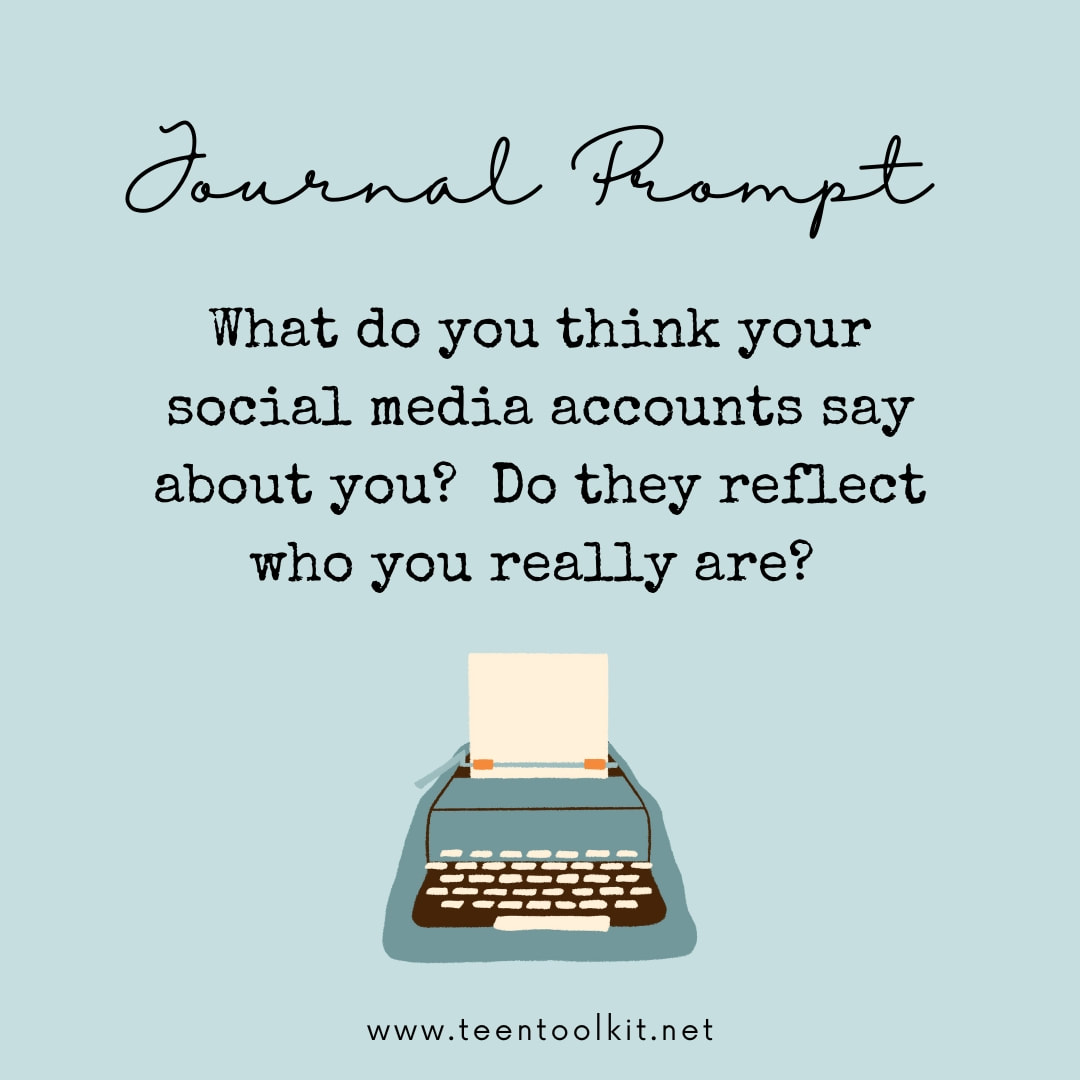

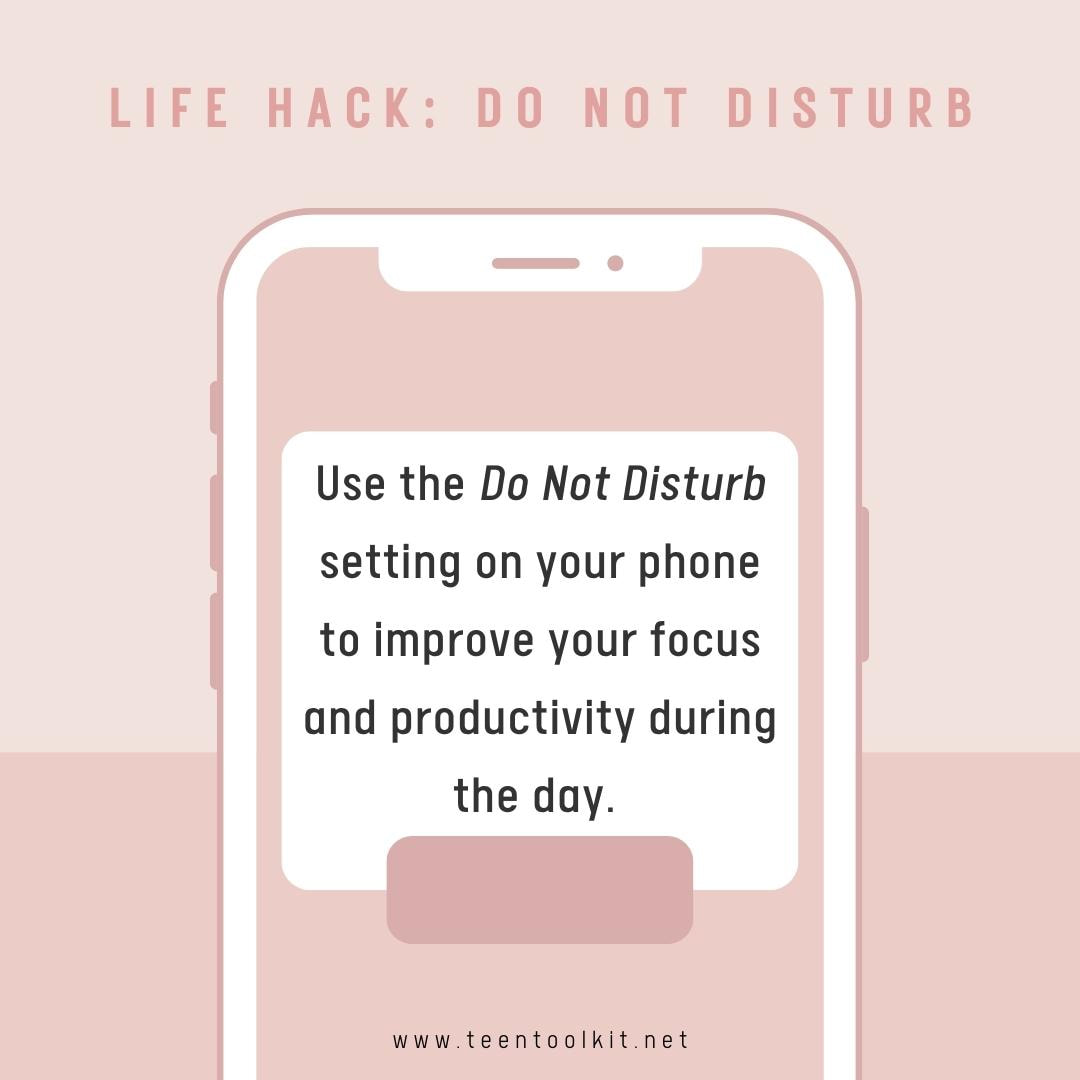
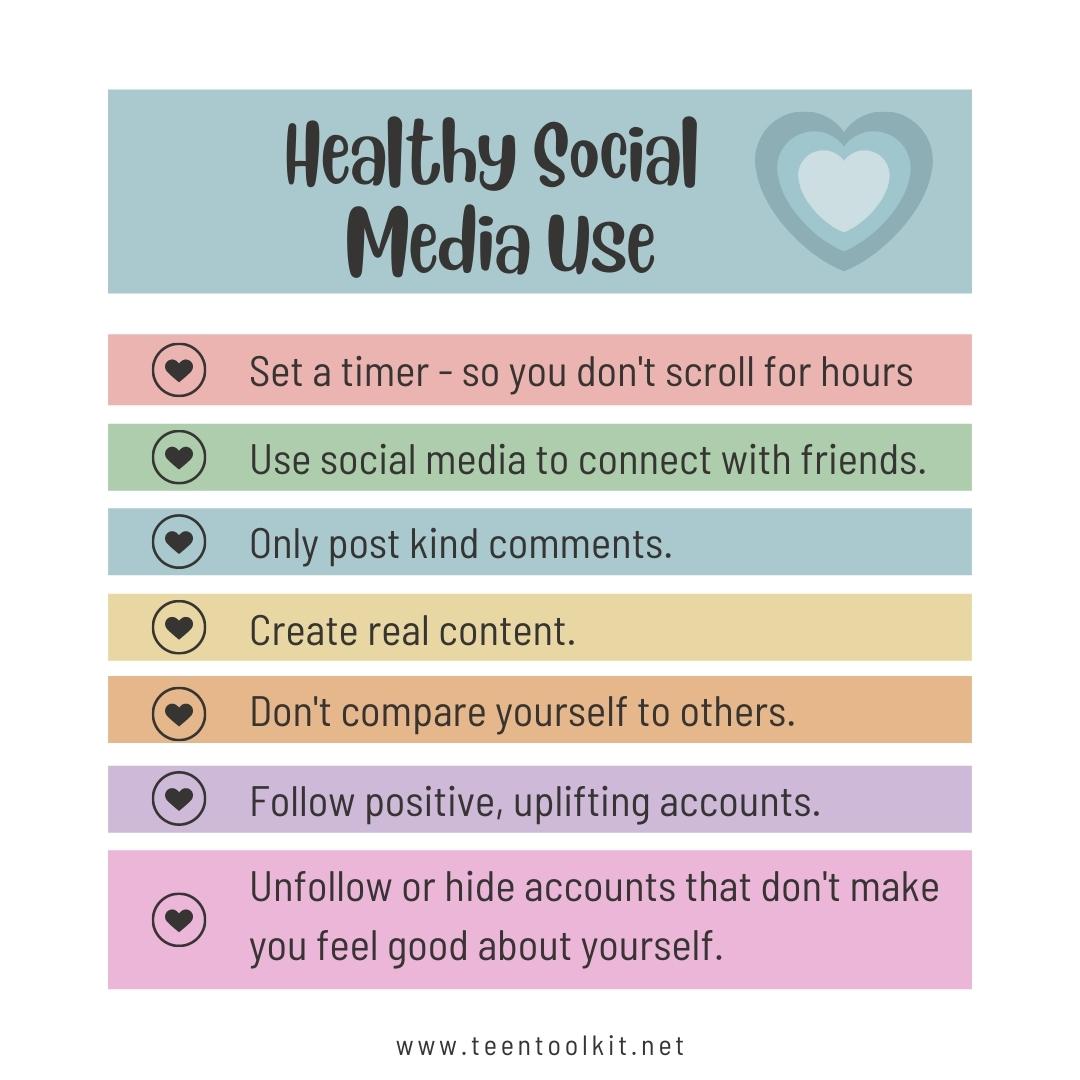
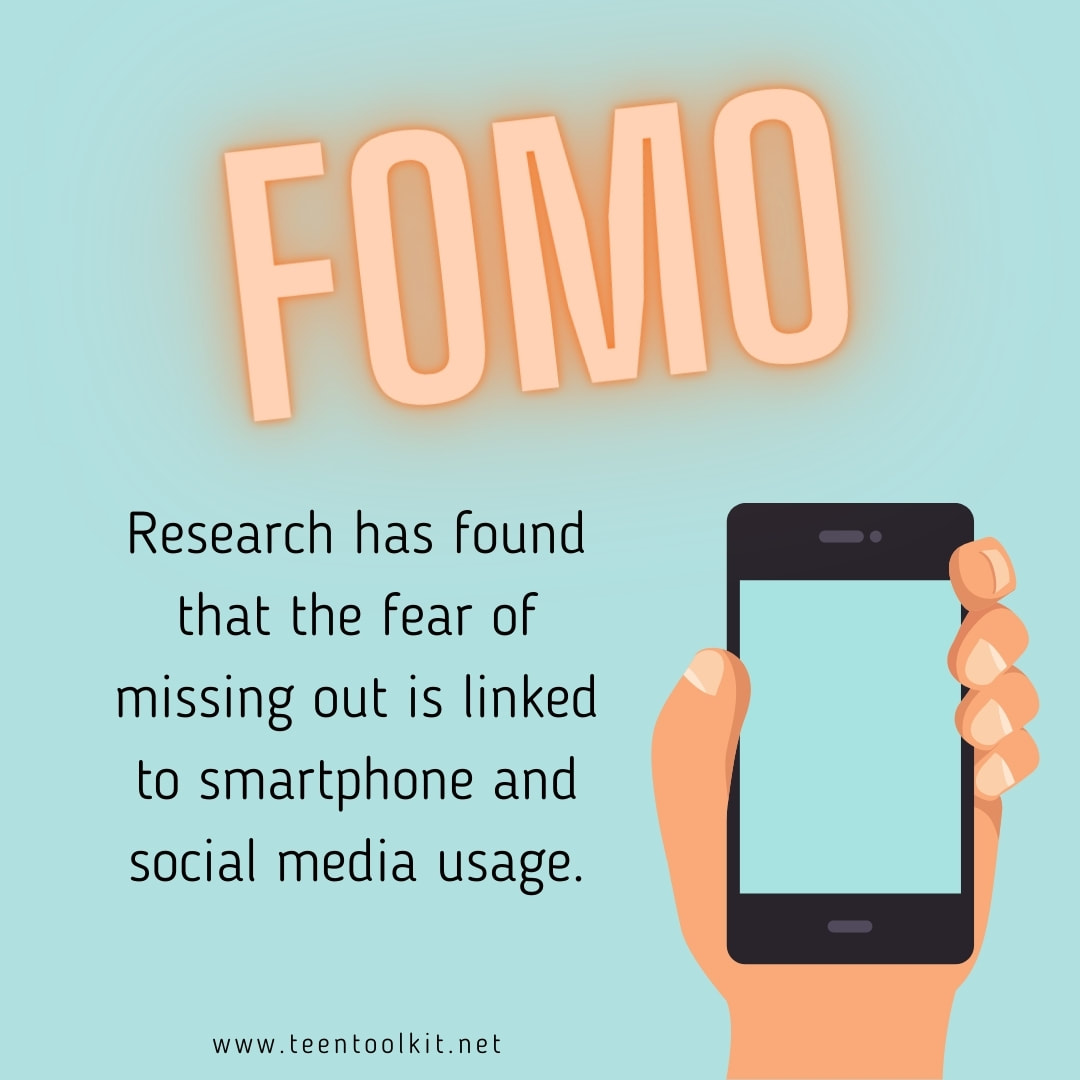
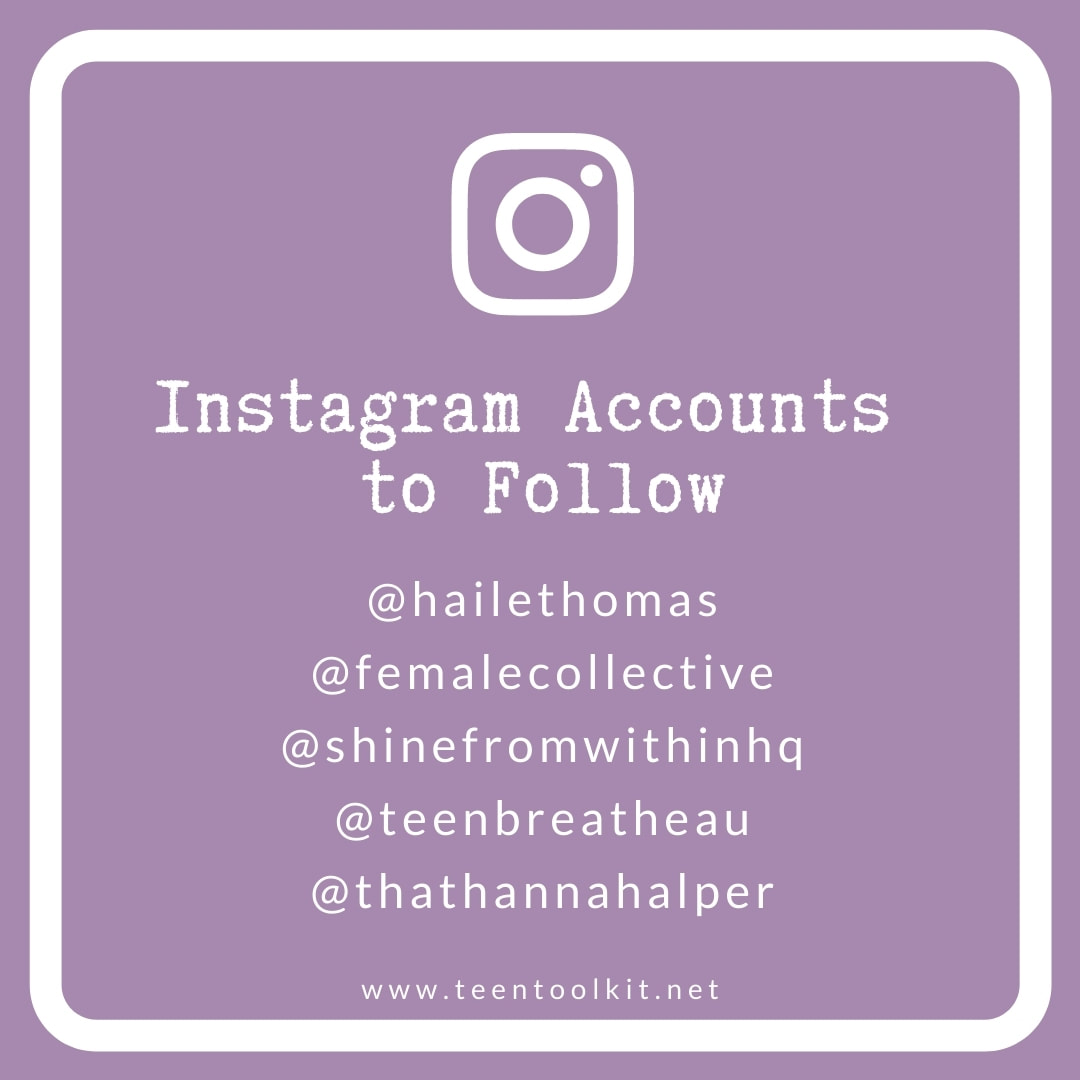
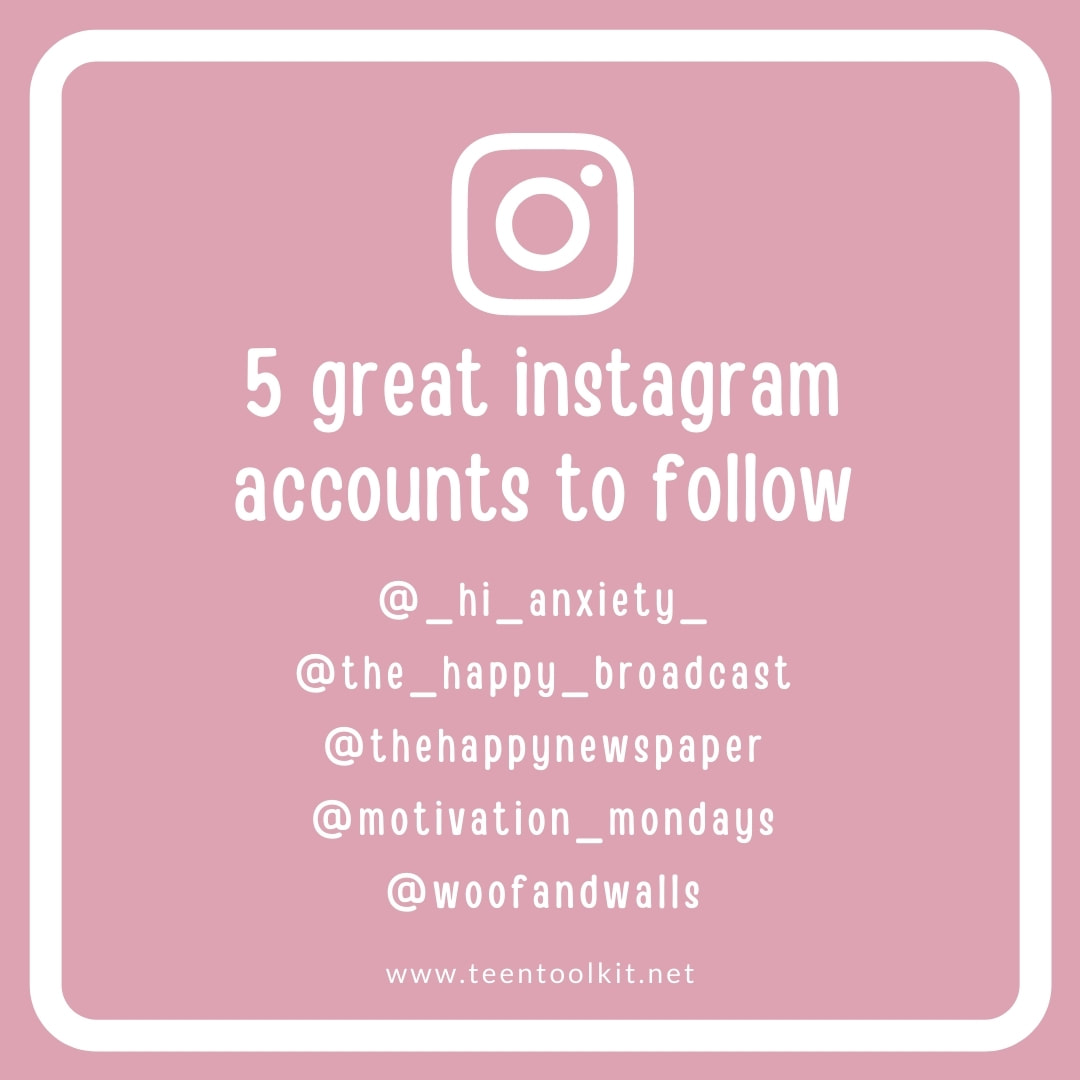
 RSS Feed
RSS Feed